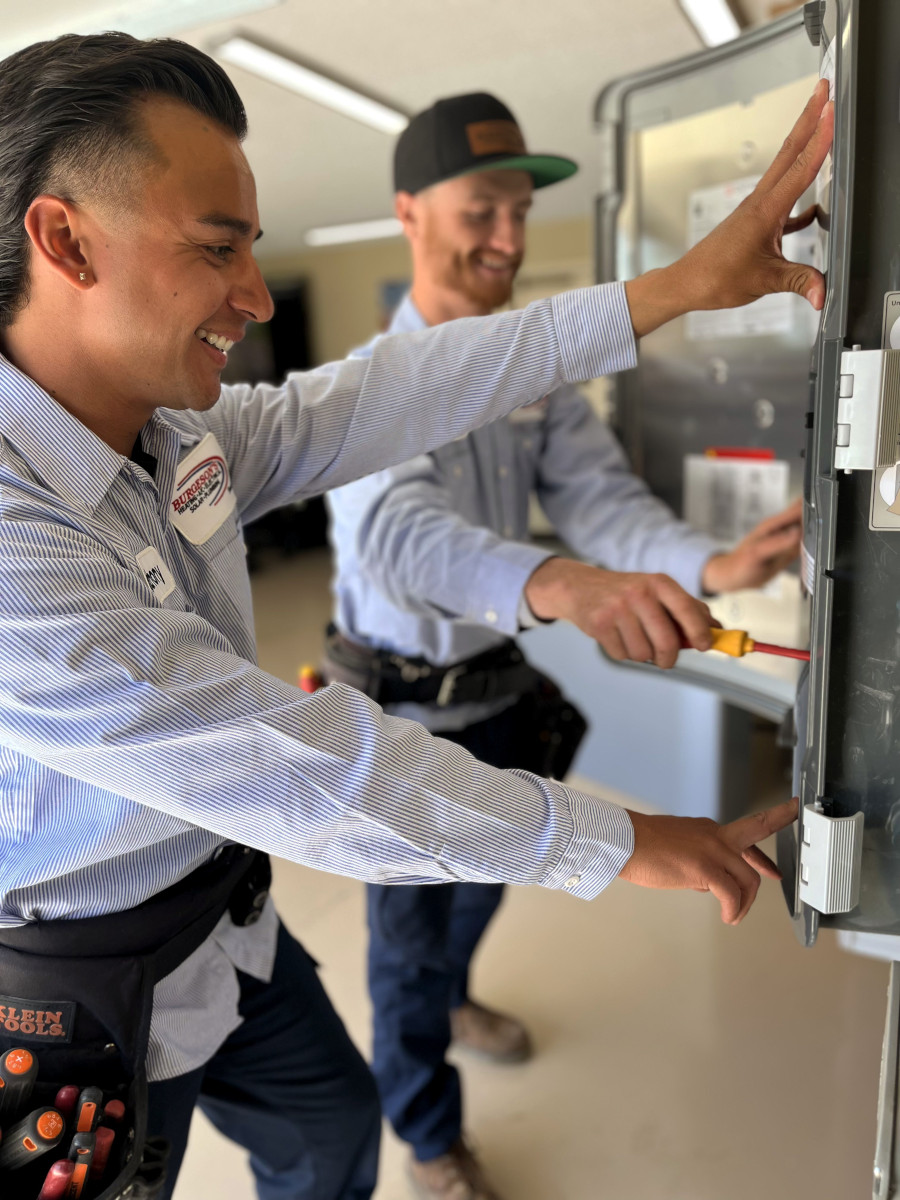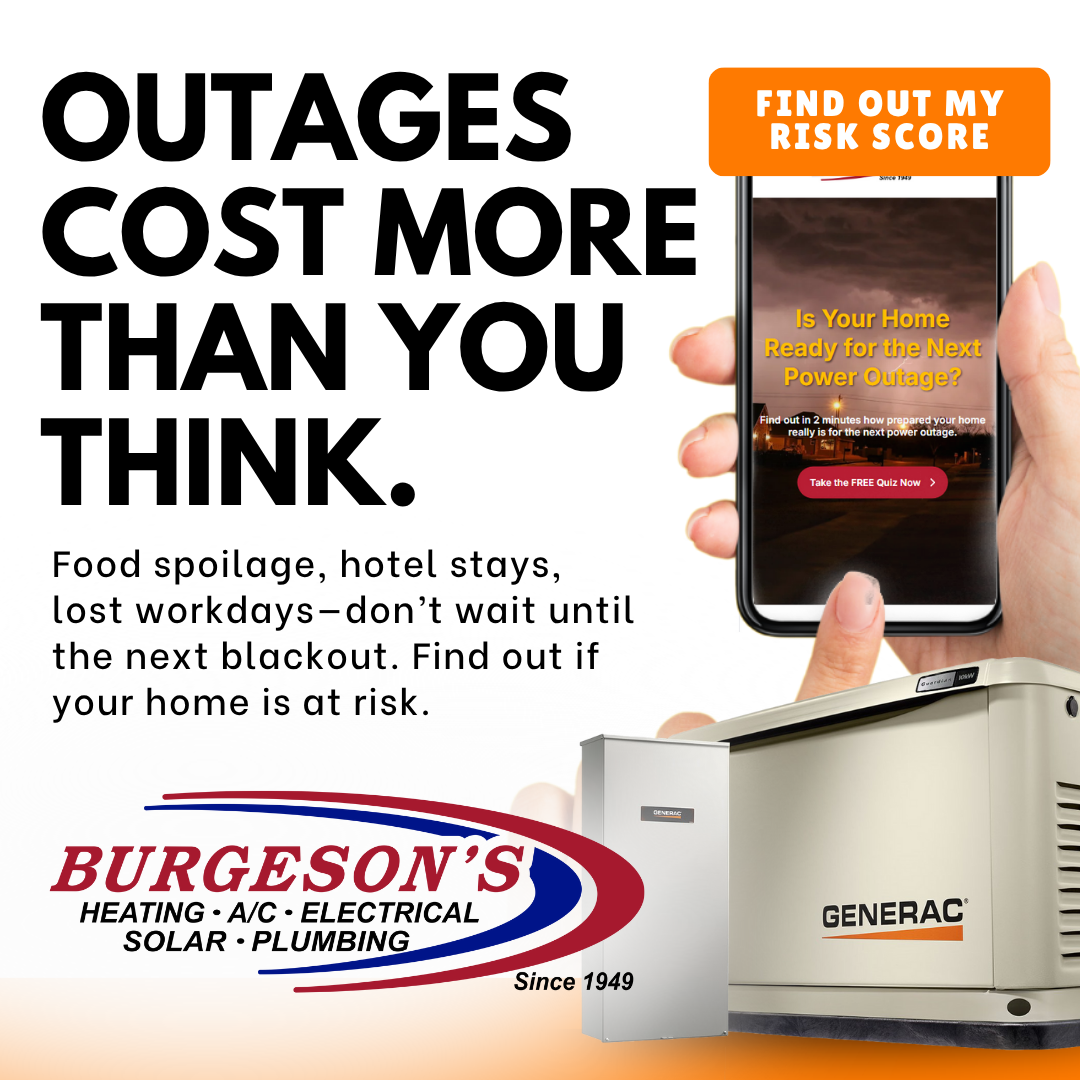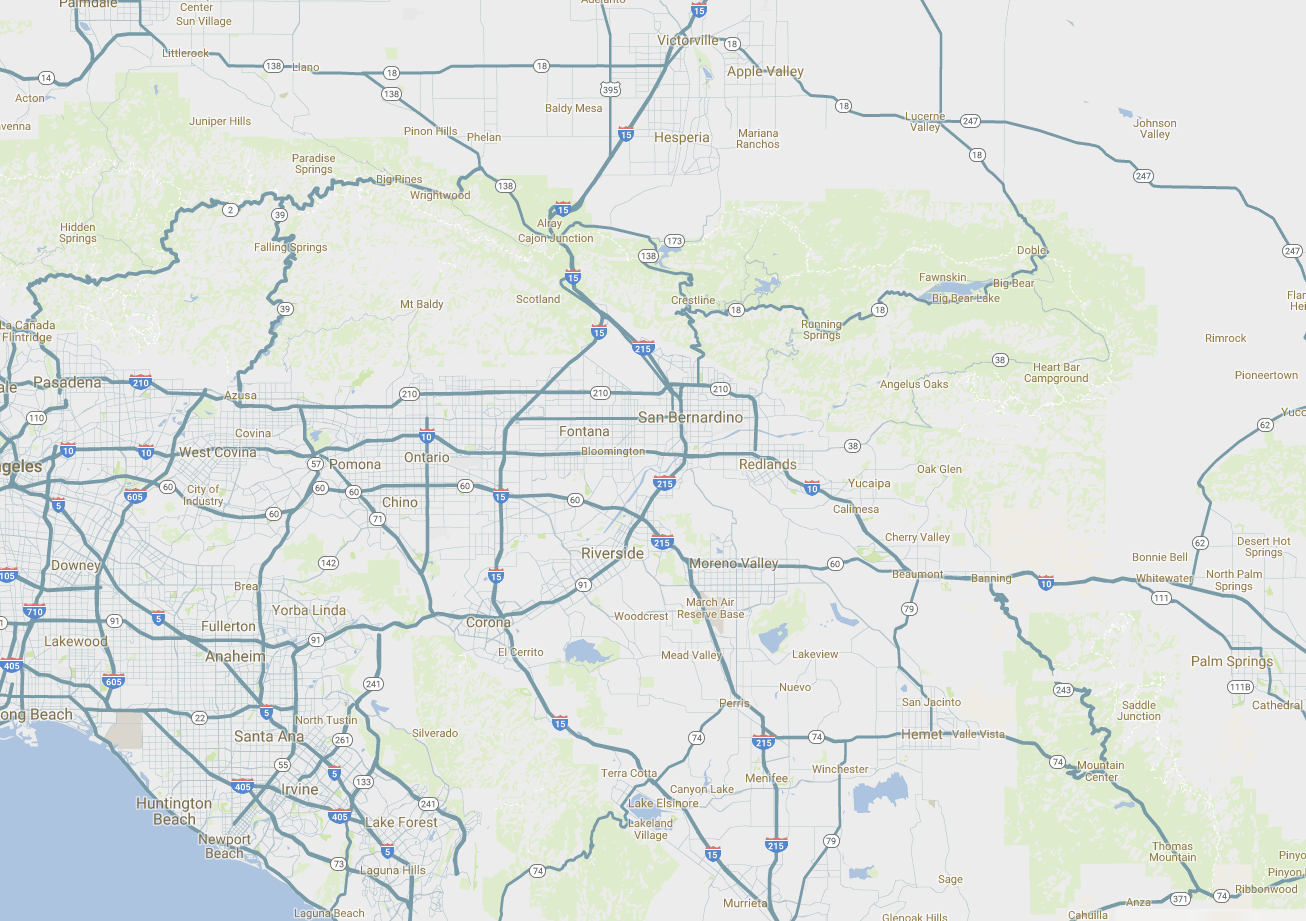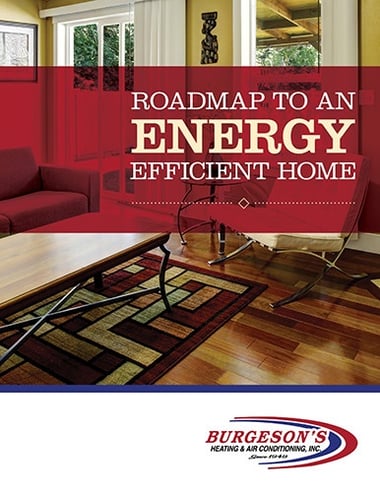As we move towards renewable energy, many Southern California homeowners in the Inland Empire region are turning to solar power to meet their energy needs. However, frequent power outages due to extreme weather conditions or rolling blackouts have made having a reliable backup system a top priority for many families. This is where whole-home battery backup systems come into play. In this blog post, we'll explore what a whole-home battery is and the following topics:
- The difference between generators and batteries
- The benefits of a whole-home battery system
- How to determine what size and type of battery you need
Interested in adding a backup battery system to your California home?
Burgeson's can help you make the best choice for your family's energy needs with a free estimate. Contact us today at 909-792-2222.
What Is a Whole-Home Battery?
A whole-home battery, also known as a home battery storage system, backup battery, solar battery, or residential energy storage system, is a device that stores electrical energy for later use in a home. It captures excess electricity generated by sources such as solar panels, wind turbines or energy from the grid and stores it in a battery for use when needed.
Whole-home batteries typically use lithium-ion technology and can be installed indoors or outdoors. They are connected to the home's electrical system and can provide backup power during outages or supplement the grid during peak demand. Some whole-home batteries can be charged from the grid during off-peak hours when electricity rates are lower and then discharge the stored energy during peak hours when rates are higher, helping homeowners save on their energy bills.
Whole-home batteries are gaining popularity in California as more homeowners want to reduce their reliance on the grid and move towards clean energy solutions. They offer a reliable and efficient way to store and use energy on demand, giving homeowners greater control over their energy usage and costs.
The Difference Between Generators and Batteries
Generators and batteries are two different backup power sources for homes and businesses. Generators convert mechanical energy into electrical energy, usually by burning fuel to power an engine that spins an alternator. On the other hand, batteries store electrical energy that can be used as backup power during an outage or to supplement the grid.
Generators are better suited for extended power outages or higher power needs as they can produce electricity continuously for hours or even days. However, they require fuel refills and regular maintenance. Batteries, on the other hand, are better for shorter outages and lower power needs. They don't produce emissions or require fuel and can last up to 15-18 years, but they may be unable to sustain power for extended periods unless supported by solar panels. Choosing between a generator and a battery as a backup power source depends on individual needs and circumstances, such as the frequency and duration of power outages, power needs, budget, and environmental considerations.
The Benefits of a Whole-Home Battery
Whole-home battery backup systems offer several benefits for homeowners. Here are some of the key advantages:
Power during outages: A whole-home battery backup system is designed to provide uninterrupted power during outages. With a backup battery, you can keep your lights, appliances, and other essential devices running even when the grid is down.
Energy cost savings: One of the significant benefits of a whole-home battery backup system is that it can help you save on energy costs. By storing excess energy generated by solar panels or during off-peak hours, you can use that stored energy during peak hours when electricity rates are higher. This can help reduce your overall energy bills.
Environmental benefits: Whole-home battery backup systems can also help reduce your carbon footprint. By storing energy from renewable sources like solar panels, you can use clean energy to power your home and reduce your reliance on fossil fuels.
Easy installation: Whole-home battery backup systems are easy to install and can be customized to fit your specific needs. They can be integrated with existing solar panel systems or added to your home as a standalone system.
While battery systems can benefit anyone, individuals who rely on medical equipment for their health and safety can benefit even more. Southern California Edison (SCE) recognizes this and has launched a new battery program to provide free batteries to its Medical Baseline customers, ensuring they have a reliable backup power source to keep their medical equipment running. The new battery program is an extension of SCE's Medical Baseline program, which already offers financial assistance to customers who rely on medical equipment. The batteries are installed and maintained by SCE and charged during off-peak hours, ensuring they are always ready when needed. This program is part of SCE's larger effort to build a more resilient grid that can better withstand the impacts of climate change and other challenges.
Overall, a whole-home battery backup system provides a reliable and efficient way to keep your home powered during outages, save energy costs, and reduce environmental impact.
How To Determine What Size and Type of Battery You Need
Determining the size and type of whole-home battery you need depends on several factors, including your household's energy usage, power needs, and available renewable energy sources. Here are some steps to help you determine the right size and type of battery for your home:
Determine Your Energy Usage
Review your energy bills from the past year to understand your household's energy usage patterns. This will help you estimate how much energy you need to store in a battery to meet your needs during outages or peak demand times.
Consider Your Power Needs
Assess your household's peak power needs and choose a battery with enough power output to meet those needs. Consider factors like the number of appliances, electronics, and lighting you use simultaneously, as well as any medical equipment or other critical devices that require continuous power.
Evaluate Your Renewable Energy Sources
If you have solar panels or other renewable energy sources, consider the amount of energy they generate and how much excess energy you can store in a battery. This will help you choose a battery with enough capacity to store the excess energy generated by your renewable sources.
Assess Battery Chemistry and Size
Lithium-ion batteries are the most common type of whole-home battery, but different chemistries and sizes are available. Consider factors like battery lifespan, depth of discharge, and maintenance requirements when selecting a battery.
Consult a Professional
Consult a professional installer to help you choose the right size and type of battery for your home. They can evaluate your household's energy needs, assess your renewable energy sources, and recommend a battery that meets your needs and budget.
Considering these factors and consulting with a professional service company like Burgeson’s, you can choose a whole-home battery that provides reliable backup power and long-term cost savings for your household.
Ready to discuss your whole-home battery options?
Let us help. At Burgeson's, we prioritize honesty and integrity, so we always offer honest opinions about solar viability for your home. If you have any questions about how much you could save with solar panels and battery backup, call us at 909-792-2222 to request a free estimate and receive honest and upfront pricing.












